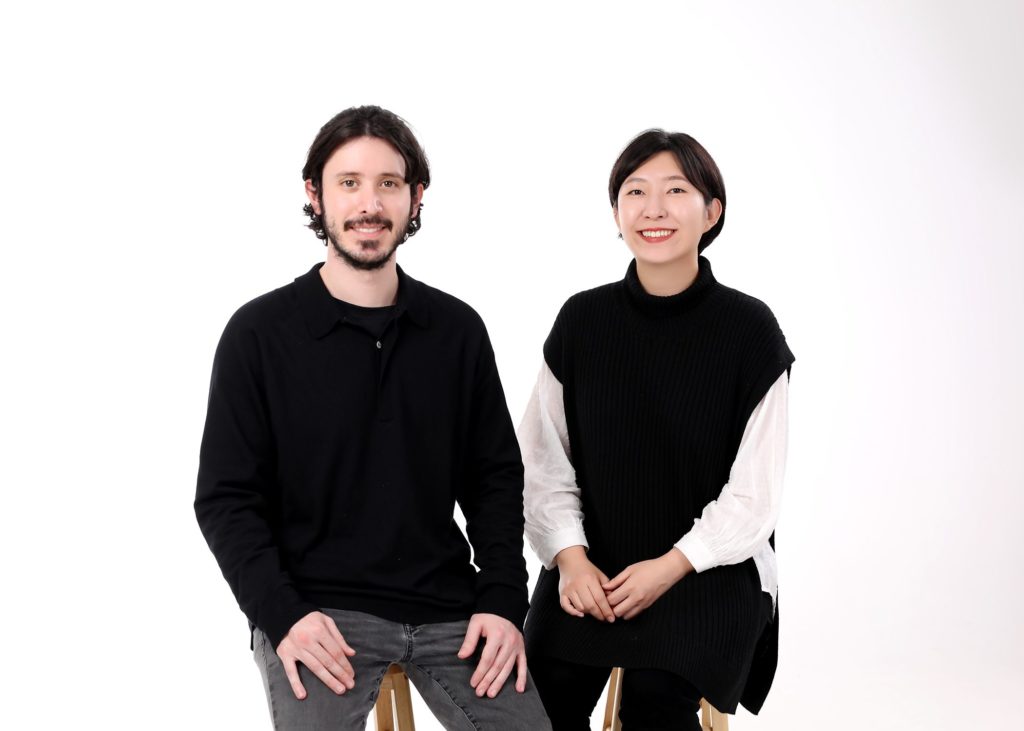This blog post was originally published at CLIKA’s website. It is reprinted here with the permission of CLIKA.
CLIKA, a tinyAI startup, was founded based on the realization that the future of artificial intelligence (AI) would depend on how well and quickly businesses would be able to scale and productionize their AI.
Ben Asaf was formerly working at Mobileye, an Israeli autonomous driving solutions provider that Intel acquired in 2017. He was working on automating the entire AI development infrastructure for the company while also working at the Parallel Computation Lab at the Hebrew University, researching matrix multiplication to accelerate the speed of AI.
At work, Ben observed two upcoming trends that he knew would become the next big thing:
- A growing demand for AI at the edge and
- Staggering inference costs with AI at scale.
At the core of his realization was that businesses were spending a great deal of resources on training their AI models and making them large to improve model performance. But very few of these businesses paid attention to what really mattered: inference, which is where the trained model is put into production and the cost of which grows as AI gets larger.
Seeing how such practices within the industry could jeopardize the success of numerous AI projects—a vast majority of which are still currently under Research and Development (R&D)—he noticed a problem.
From model compression to hardware deployment, Ben wanted to create a toolkit that would automate these two parts in the AI workflow as part of the solution to addressing these problems. In this way, engineers would not only save costs on inference through reduced model sizes, but also effortlessly and quickly bring their AI into production.
“I wish we could have serviced our toolkit much earlier using existing solutions, but we decided not to. Instead, we went for the old-fashioned way of servicing the toolkit using our own core engine that has been built from scratch because it was the most scalable option.”
– Ben Asaf
On the other side of the globe was Nayul Kim working at a rapidly growing startup in the bustling capital city of South Korea: Seoul. From Latin America to the Middle East and from Korea to the United States, she was flying all over the world to close major business deals and carry out projects overseas while also consulting for businesses.
Prior to meeting Ben in 2020, Nayul came with years of experience under her belt both as a global marketer and businessperson for having worked in several organizations that were both public and private in nature. Their union created a unique entrepreneurial synergy around the idea of servicing their solution to the broader public through their own venture.
I thought I’d be missing out big time if I did not jump at the opportunity to solve one of the biggest problems I’ve encountered”
– Nayul Kim
In 2021, which is the year when CLIKA was established, Ben and Nayul started working together to get their idea off the ground. While Ben worked on R&D, Nayul oversaw the company’s operations and business development.
Now venture-backed, CLIKA has raised roughly $1.1M in a pre-seed round financing in 2022, with participation from Kimgisa Labs, Dodam Ventures, D-Camp and angel investor Lee Sanghee, who is also the CEO of SendBird Korea. With the mission to embed devices with intelligence to see, hear, and understand the surroundings better, CLIKA has already started commercializing its solution.


